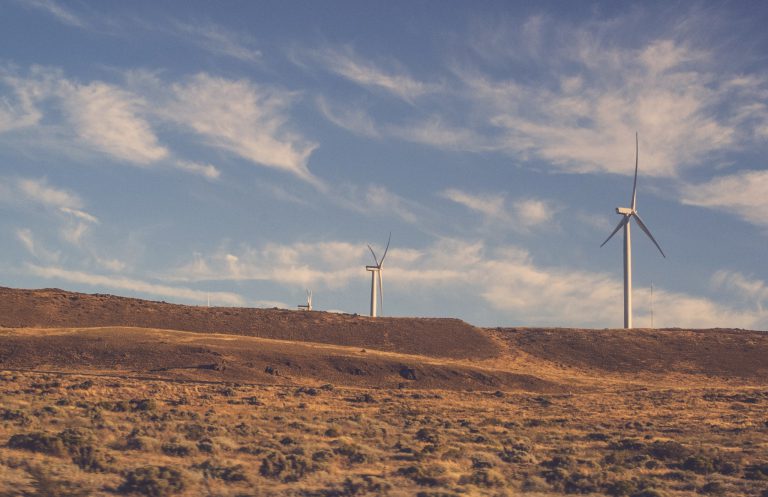
The University of Exeter is to launch a ground-breaking global research project into the sustainability of vital natural resources which will enable them to provide new, long-term safeguarding guidelines for governments around the world.
Researchers from the institution’s Centre for Water Systems and Energy Policy Group are working together on the project, which seeks to examine how government officials and policy makers can implement strategies to tackle the damaging effects of climate change on global food, water and energy provisions.
The European Commission has awarded a hefty grant of €700k to put towards the four-year project, SIM4NEXUS (Sustainable Integrated Management FOR the NEXUS of water-land-food-energy-climate for a resource-efficient Europe), which consists of a €7.9million consortium of 26 partners from 16 European regions.
Exeter experts receive €700,000 grant to study the future security of water, food and energy provision https://t.co/io6WjB2HoV
— University of Exeter (@UniofExeter) February 24, 2016
Using a variety of methods, including a ‘Serious Game’- a decision-making platform in which policy makers can act out different scenarios to determine which presents the best outcomes – researchers will be able to investigate the best potential policies.
The Serious Game covers a broad spectrum of schemes at the regional and global level, and also spans short, medium and long-term global strategies.
The University research team, consisting of Professor Dragan Savic, Professor Ed Keedwell and Dr Lydia Vamvakeridou-Lyroudia from the Centre for Water Systems, as well as Professor Catherine Mitchell from the Energy Policy Group, will also lead the UK case study (Devon and Cornwall at a regional level) with collaborative partners from South West Water.
WHAT WILL THE WORLD COME TO NEXT? WILL WATER, FOOD AND ENERGY POLICY BE LINKED? https://t.co/uz7cCvh9Ia via @uniofexeter @EurekAlertAAAS
— Wayne Roberts (@wrobertsfood) February 24, 2016
“The first step in ‘Nexus’ policy making is to understand the relationships between water, food, and energy in order to be able not only to identify and manage risks more effectively, but also uncover potential opportunities for how to learn to thrive on the resources that are available,” says Professor Savic.
“However as yet, it appears that no comprehensive study in the UK [or] Europe has assessed the interaction between the water, food, energy sectors, and it is therefore unclear of the extent of imbalances within the Nexus.
“I’m delighted that we have been given this opportunity not only to work with our European partners, but also to investigate the Nexus and practical implications for a large UK water company, such as South West Water.”
Image via Librestock.
Liked this? Then you’ll love these…
College students develop a way to turn kitchen waste into energy
University study finds reducing meat consumption could actually harm the environment







